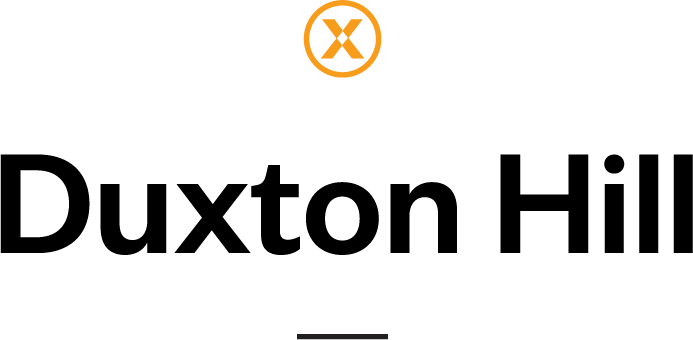This week has seen two welcome announcements in the fight against fraud.
The first is the creation of the National anti-scam centre set to open in July. The government has committed $58 million to creating the centre which will be run by the Australian Competition and Consumer Commission.
The centre will act primarily as an information-sharing platform between a partnership of government agencies, banks, telco companies and online platforms. The centre resembles the successful UK model in which government collaboration has allowed for more effective responses to reports of scams.
Assistant Treasurer Stephen Jones says the centre is going to be “like a hit squad, where we’re going up to certain types of scams and taking the fight up to the scammers, to ensure that they don’t get an even break”.
Additionally, Australian banks have announced a new platform called the Fraud Reporting Exchange (FRX). The platform is designed to streamline communication between banks so that accounts can be frozen faster, and the outflow of money can be stopped.
While these changes are undoubtedly steps in the right direction, there remain a number of areas unaddressed.
The changes are all intended to prevent fraud from occurring; the FRX’s primary focus is on improving the speed with which banks can shut down fraudulent bank accounts while the anti-scam centre targets the schemes themselves. What these initiatives don’t do is help recover funds for victims once fraud has already taken place.
While Mr Jones has flagged the development of a banking industry code of practice, this code will likely do little to improve the chances of reimbursement for victims of fraud. Of the $558 million lost to scams at the big four banks in the 2021-22 financial year, the banks only reimbursed $21 million. This leaves the gap to be filled by private litigation.
Contrary to Mr Jones’ pessimistic outlook, that it is “almost impossible to get money back once it’s been lost”, at Duxton Hill we have had significant success recovering misappropriated funds, even when funds have been cleaned out of the recipient’s account.
The key to our success in recovering funds through private litigation is the tracing of funds and identification of account owners. Through causes of actions such as money had and received and unjust enrichment, it is possible to recover funds from the owners of fraudulent bank accounts.
With this in mind, the change that we would most like to see is in the bank’s disclosing of the identity of account owners in cases of fraud. This would save private litigants time and money and allow us to do our job faster. Doing so would signal a government that addresses fraud recovery and not just fraud prevention.
If you’ve been defrauded or have any questions about asset recovery, contact us at Duxton Hill. We are the only specialised law firm in Australia solely dedicated to pursuing claims for victims of fraud and asset recovery.

Recent Comments